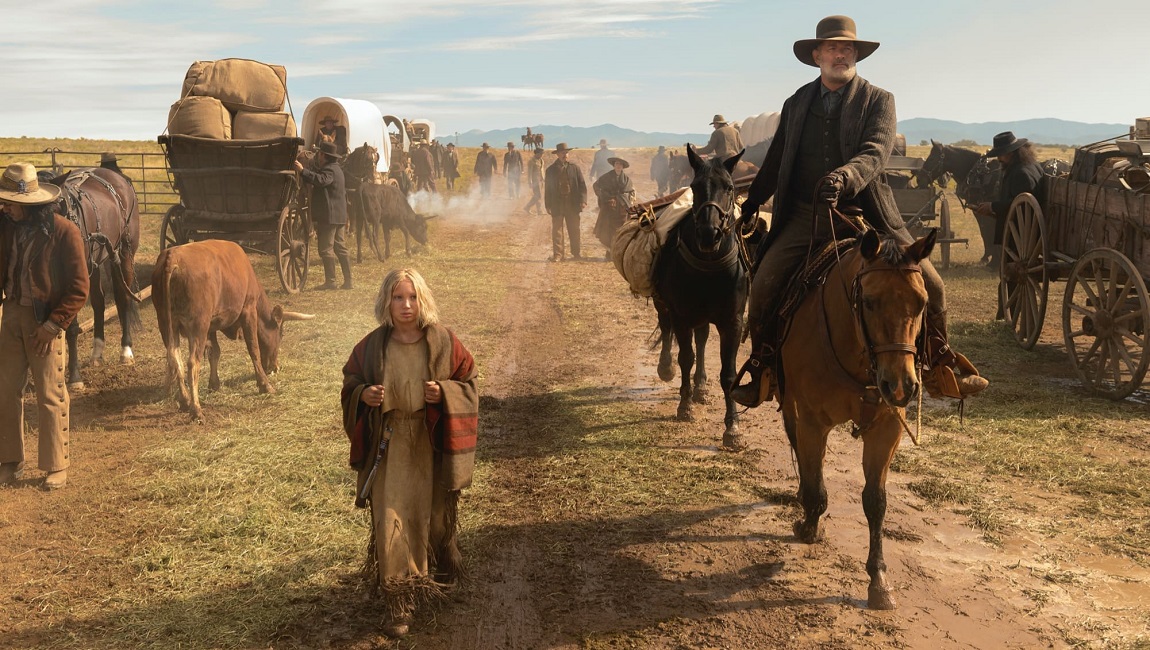Dope is Death is a vital contribution to the ongoing re-evaluation of the black liberation movement and a welcome antidote to conventional neoliberal pap.
Given the recent mainstream embracing of a re-evaluation of the Black Panthers, there couldn’t be a better time for the release of Mia Donovan’s stylish documentary Dope Is Death. Hot on the heels of the milquetoast commentary of Aaron Sorkin’s The Trial of the Chicago 7 and Shaka King’s more satisfying Judas and the Black Messiah, Dope Is Death explores one specific strand of the black liberation movement: drug detoxification programs. Tightening her focus to the legacy of one specific clinic, notably founded by Tupac’s stepfather Mutulu Shakur and which specialized in providing acupuncture treatments to relieve withdrawal symptoms, Donovan tracks the clinic from its birth, as a hard-won concession from the U.S. government, to the contemporary use of acupuncture in the 21st-century and the fates of the activists involved.
Walking in the shadow of two Oscar-nominated renditions of the Black Panthers in the last year alone, Dope Is Death continues in this re-consideration of the more radical side of the black liberation movement. The question then, is whether filmmaker Mia Donovan has anything substantive to add to the conversation? The short answer is a resounding yes. In comparison to Sorkin’s bland neoliberalism, Donovan adopts a refreshing, no-bullshit attitude, declining any compromise in her messaging. With so many documentaries and news stations giving airtime and space to bigots and their often harmful rhetoric in the grand name of ideological equity, Donovan’s refusal to platform propaganda around the Black Panthers is a welcome change. Dope Is Death is a political documentary at all times, staking its claim and masterfully making its case without conceding any ground whatsoever to White rhetoric — liberal and conservative alike — about the Panthers and other radical groups being fundamentally violent. Donovan instead balances her tightly-focused concerns with the broad historical canvas on which she situates her story, weaving a deft narrative that works on both a micro and macro scale. Dope Is Death is a vitally important documentary that is complemented by its contemporaries but stands equally well on its own, and provides a brilliant example of both a film and a filmmaker who steadfastly refuse to pull any punches.







